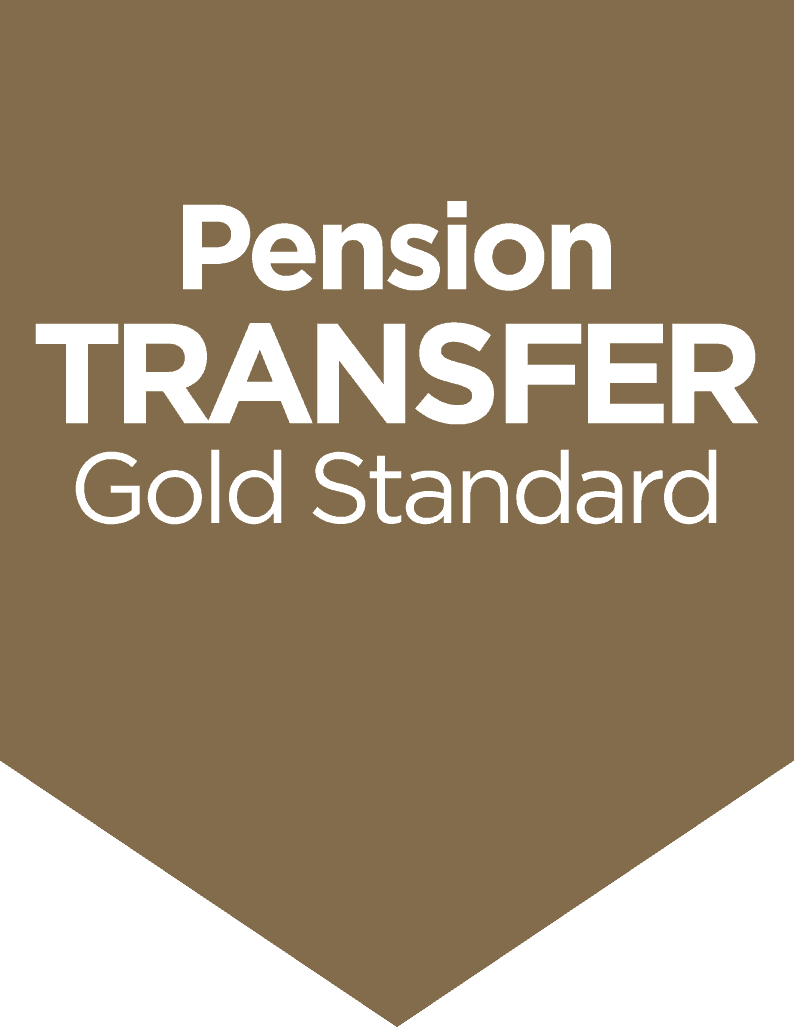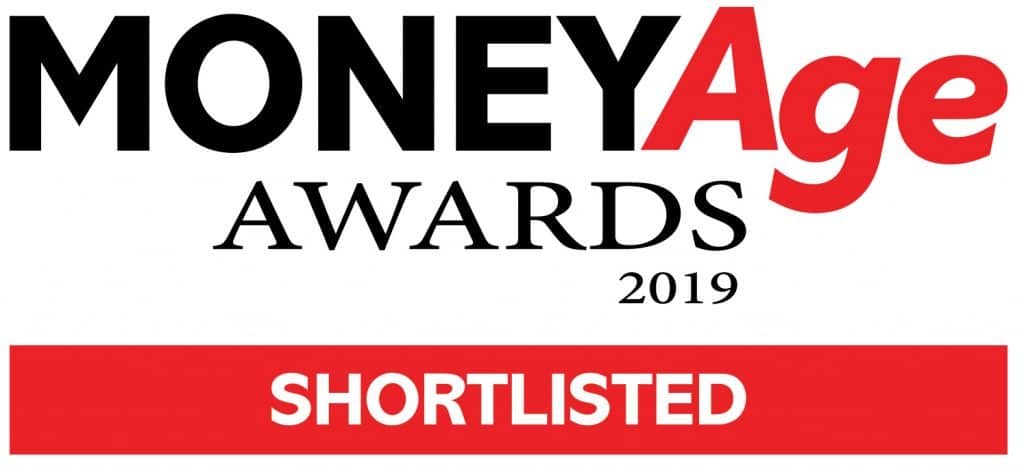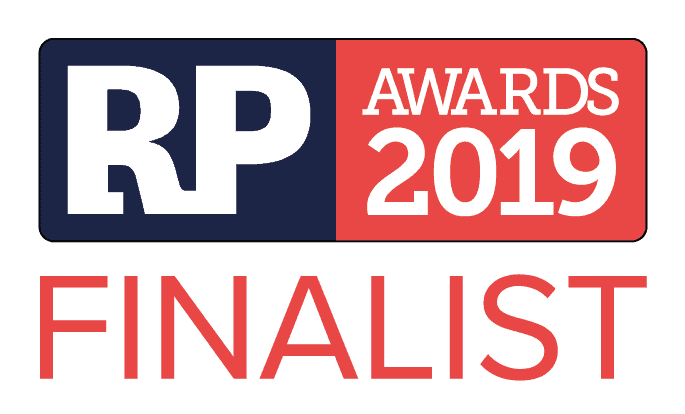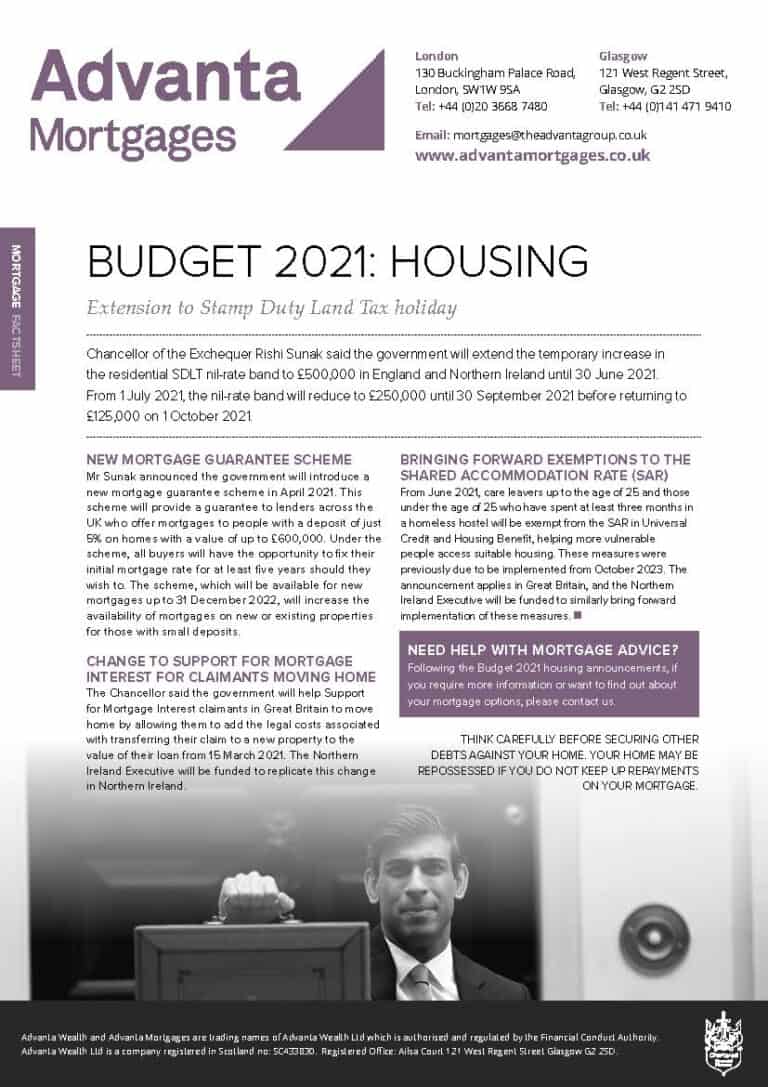Owners claiming their ‘often-empty’ properties are holiday lets will pay more tax
Second homeowners who falsely claim properties are holiday lets will need to pay more tax under new proposals introduced by the government. The government plans to introduce the new rules to close the ‘second homes loophole’, which sees people claim their ‘often-empty’ properties are holiday lets.
The changes will target people who take advantage of the system to avoid paying their fair share towards local services in popular destinations such as Cornwall, Devon, the Lake District, Suffolk, West Sussex and the Isles of Scilly.
Genuine holiday lets
Currently, owners of second homes in England can avoid paying council tax and access small business rates relief by simply declaring an intention to let the property out to holidaymakers. However, concerns have been raised that many never actually let their homes and leave them empty and are therefore unfairly benefiting from the tax break.
Following consultation, there will be changes to the tax system, which will mean second homeowners must pay council tax if their properties are not genuine holiday lets. From April 2023, second homeowners will have to prove holiday lets are being rented out for a minimum of 70 days a year to access small business rates relief, where they meet the criteria.
New operational thresholds
Holiday let owners will have to provide evidence such as the website or brochure used to advertise the property, letting details and receipts. Properties will also have to be available to be rented out for 140 days a year to qualify for this relief.
Establishing these new operational thresholds for self-catering businesses has been welcomed by the tourism industry as it makes a very important distinction between commercial self-catering businesses that provide revenue and employment for local communities, and holiday homes which lie vacant for most of the year.
Supporting local economies
It is recognition that tourism is the lifeblood of many small towns and villages, maintaining the viability of local shops, pubs and attractions. The move will protect genuine small holiday letting businesses across the country and will support local economies by encouraging tourism and by ensuring second homeowners pay a fair contribution towards public services.
Around 65,000 holiday lets in England are liable for business rates, of which around 97% have rateable values of up to £12,000. Currently there is no requirement for evidence to be produced that a property has actually been commercially let out.
The government’s consultation response announces that, from 1 April 2023, a property will only be assessed for business rates rather than council tax if the owner can provide evidence that:
- it will be available for letting commercially, as self-catering accommodation, for short periods totalling at least 140 days in the coming year
- during the previous year, it was available for letting commercially, as self-catering accommodation, for short periods totalling at least 140 days
- during the previous year, it was actually let commercially, as self-catering accommodation, for short periods totalling at least 70 days
The Valuation Office Agency will be responsible for determining whether a property should be assessed for council tax or business rates under this new system.
Looking to buy a second home and need a mortgage?
Looking for a second home mortgage? We’re committed to working with you to ensure you get the right mortgage to suit your individual circumstances. To find out more and to discuss your options, complete the form below and an Independent Mortgage Broker will be in touch.
Contact us
Advanta Mortgages gives you access to a broad range of mortgage solutions. If you’d like to know how we can help with your investment and wealth planning needs, get in touch. We’ll be delighted to provide more details of our services. Please contact us using one of the options listed below.
London
130 Buckingham Palace Road,
London, SW1W 9SA
Glasgow
121 West Regent Street,
Glasgow, G2 2SD

















